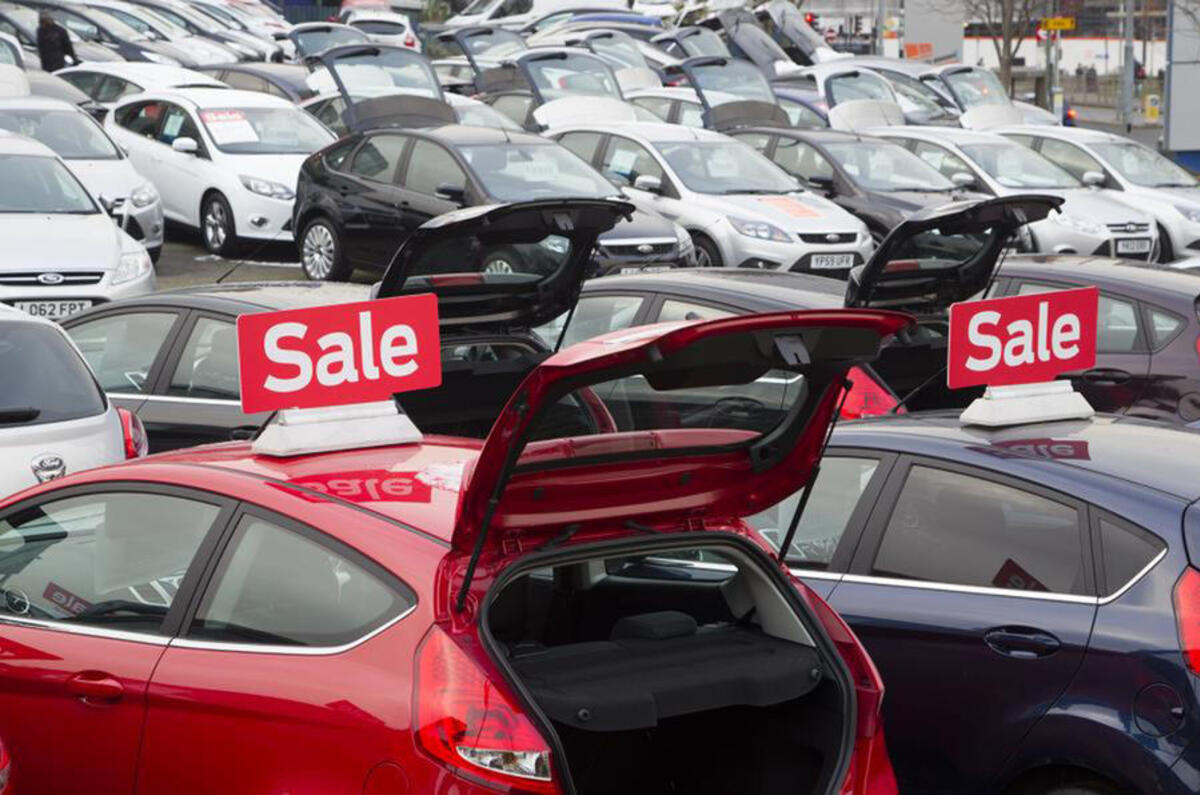Less than three months ago on a visit to his Vauxhall van factory in Luton, Stellantis chief Carlos Tavares urged government legislators to set stable regulations for the automotive industry and not add “confusion to chaos” with constant flip-flopping.
It’s those words that have been ringing in my ear with the government’s will-they-won’t-they indecision over the 2030 ban on the sale of internal-combustion-engined cars, which has emerged in the fallout of the Conservatives’ surprise byelection win in Boris Johnson’s old Uxbridge and South Ruislip constituency.




Add your comment